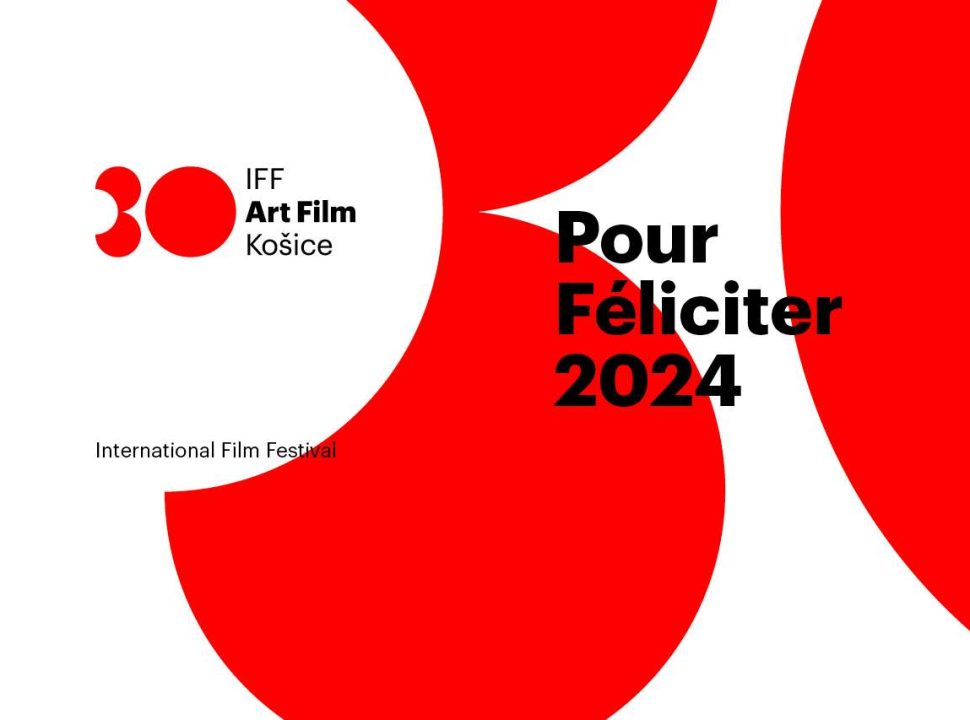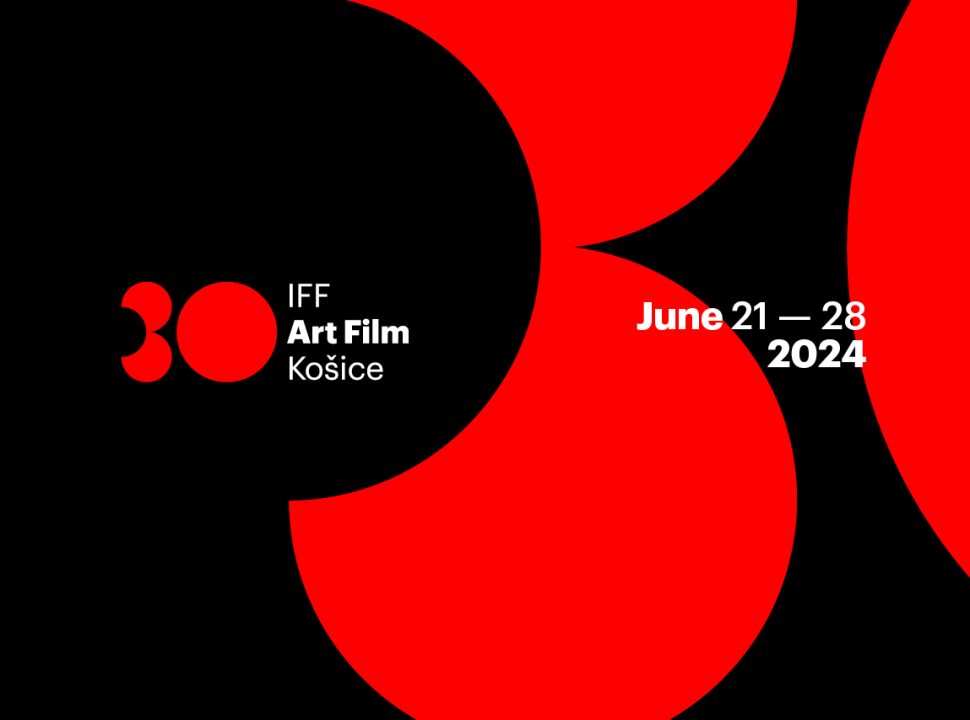You first appeared on the silver screen while still a student in 1965, in Dimitrij Plichta’s Šerif za mrežami (The Sheriff Behind Bars). People also remember you from Martin Ťapák’s Nevesta hôľ (Bride of the Mountains). However, the bulk of your cinema projects have been associated with Czech directors. Why is that? When you’re an actor, you either get an offer or you don’t. The most truthful answer would probably be that more films have been shot in the Czech Republic than in Slovakia, and so I ended up making relatively more films in the Czech Republic, not counting television projects. I don’t see any difference between working in either country. Good co-operation depends on the specific people, the individuality of the director, partners and screenplay. You were given a splendid film role last year in Július Ševčík’s Normal, where you portrayed mass murderer Peter Kurten. As an experienced actor, was that a difficult role for you? These kind of extremities are always a bit exceptional. That’s what makes them extreme. I think an actor prepares for every role in the same way. Anthony Hopkins probably put it best when asked how he prepared for a role and answered: “I put on my jacket and I get to work” [laughs]. The film Papilio from director Jiří Svoboda, which will be screened at the festival, was chosen by you. Does this picture hold some kind of special significance for you? I truly believe that it was a fascinating collaboration. An excellent screenplay, an excellent director, a brilliant cinematographer, and I had outstanding fellow performers. I also considered selecting the film Dobří holuby se vracejí (Good Pigeons Return), but it had already been shown at cinemas and on television many times. Papilio isn’t as well known, but I think it’s very good. Could you describe your role in the film? I’ve just about forgotten [laughs]. But seriously, the story unfolds under the extreme conditions of the [Czechoslovak] protectorate. My character is searching for a place in the sun and freedom of expression, to the point that he ends up breaking the law. He is a strong individual who attempts to cruise through those times, often ending up in conflicts which he then has to resolve; but it all ends tragically. I think it’s a lovely story. You’ve taken on several different professions over the course of your life. But you’ve always returned to acting, where you got your start as a young man. Would you say it’s difficult to complete an actor’s mission, once you’ve already begun it? That depends completely on the individual. I know actors who finished at sixty and said "no more", and then there are actors who are significantly older than me and still perform. It’s most likely an individual choice. Even as a pensioner, I can’t imagine my life without my work. And that’s why I don’t want to hold a public office anymore, nor manage any kind of institution; I see it more as a hobby. But at present work is surely something that brings me a certain satisfaction and interesting encounters. So I’ll most likely stick with it as long as health allows. In the Festival Park you’ll be accepting the Actor’s Mission Award. How does that make you feel? It’s certainly a good feeling, despite being a lifetime achievement award on the other hand. I’m still working and I want to work, so my life’s work isn’t completely finished yet. As I’ve already said several times, I’ve still got my whole life ahead of me [laughs].



